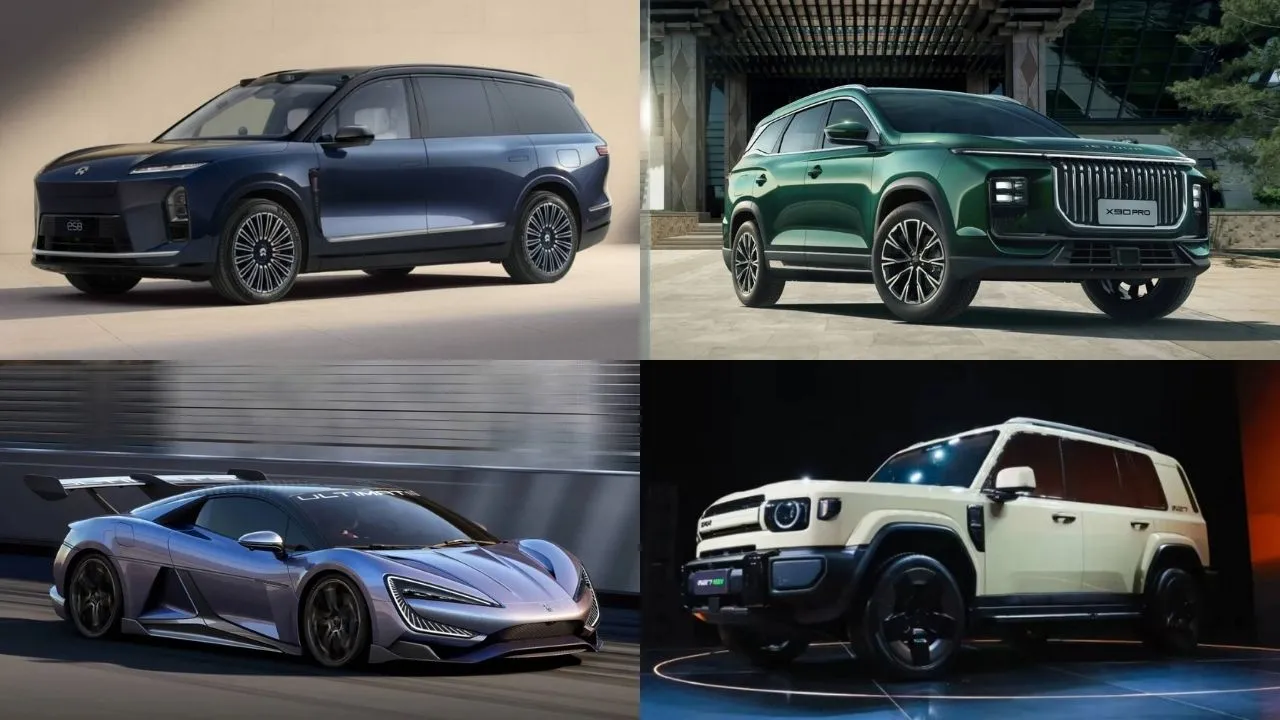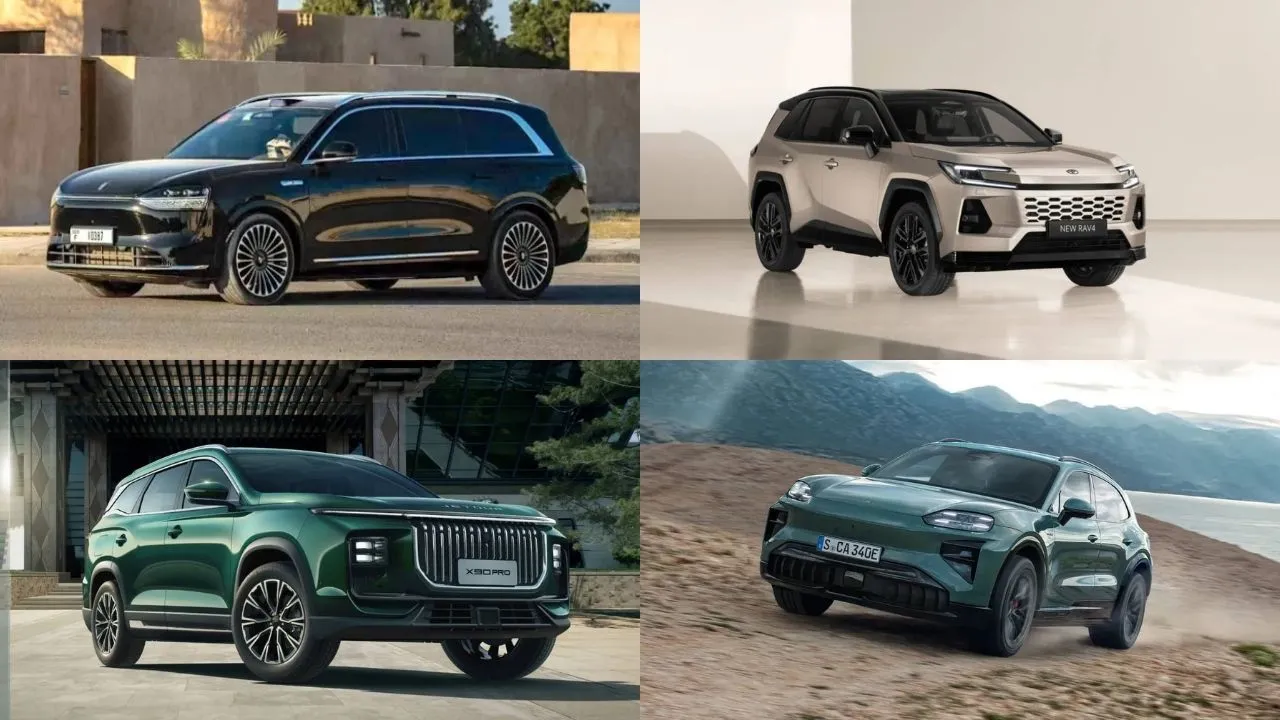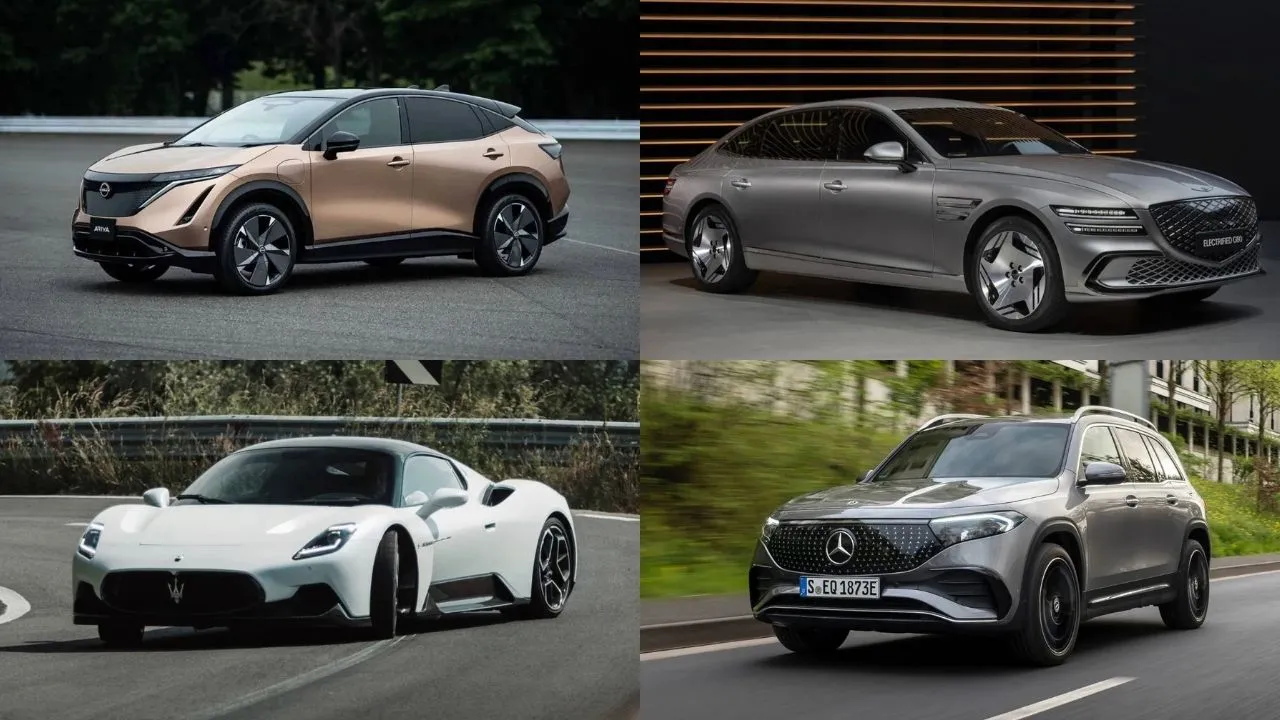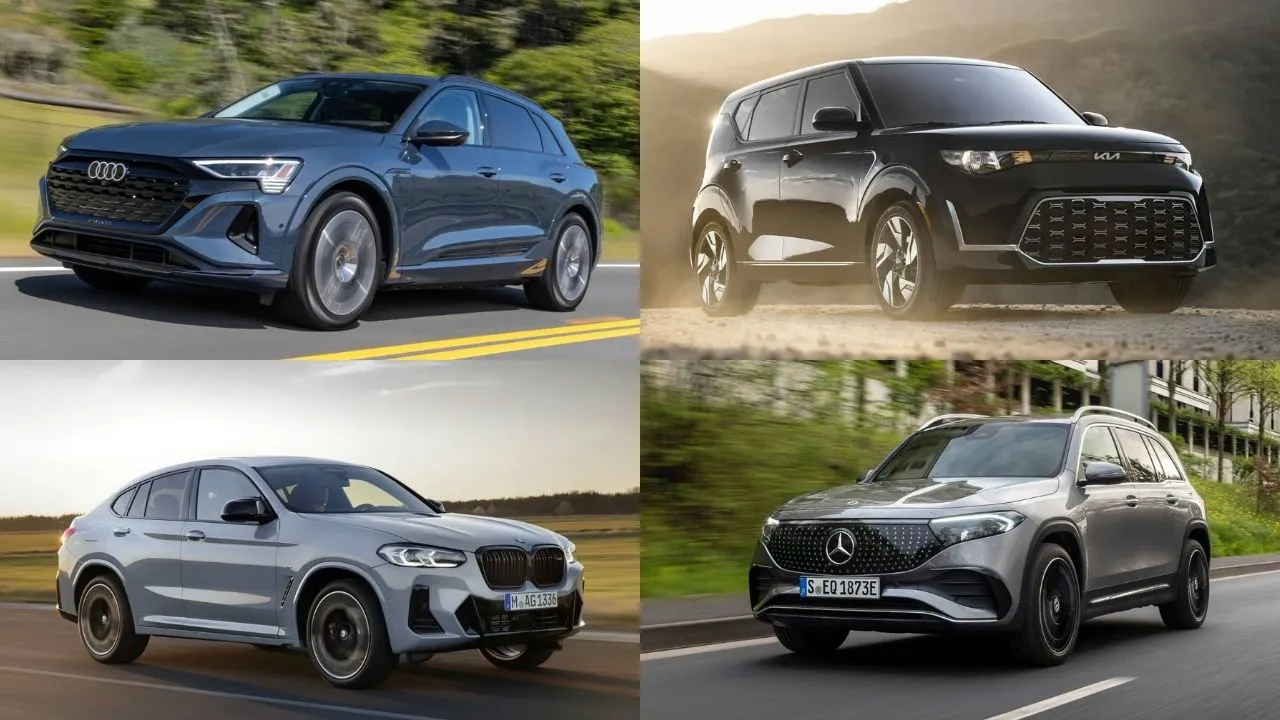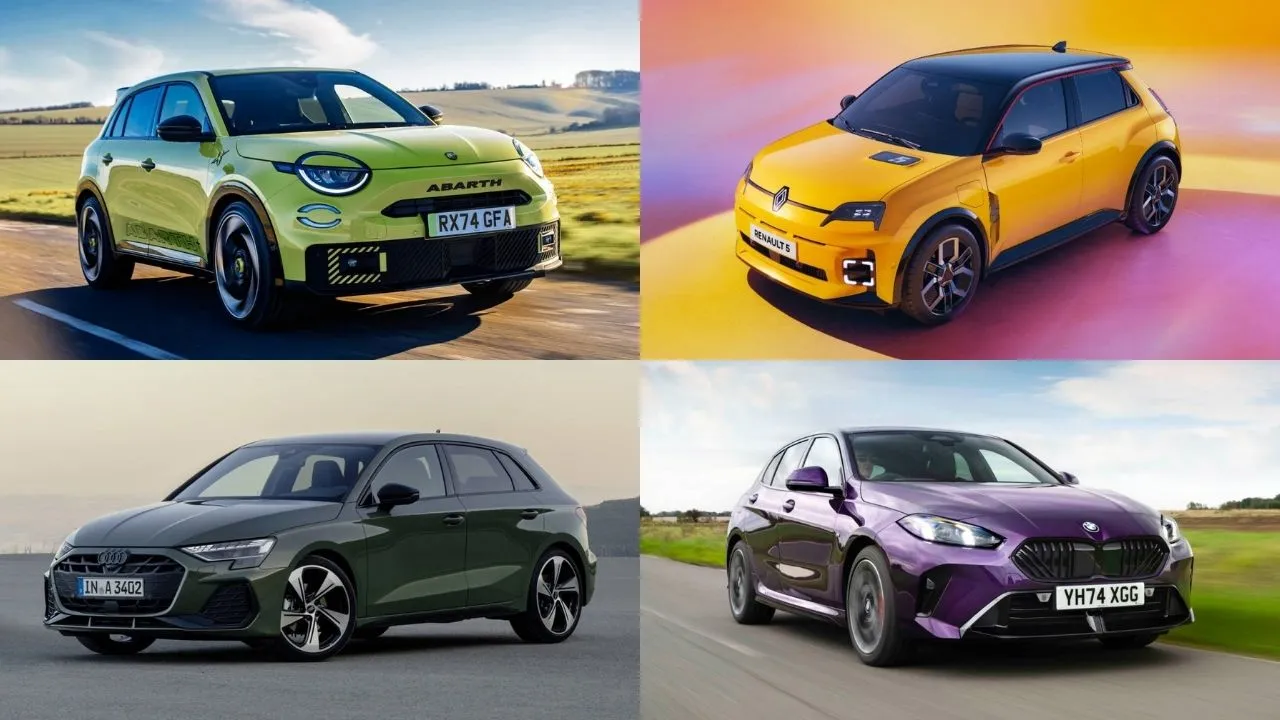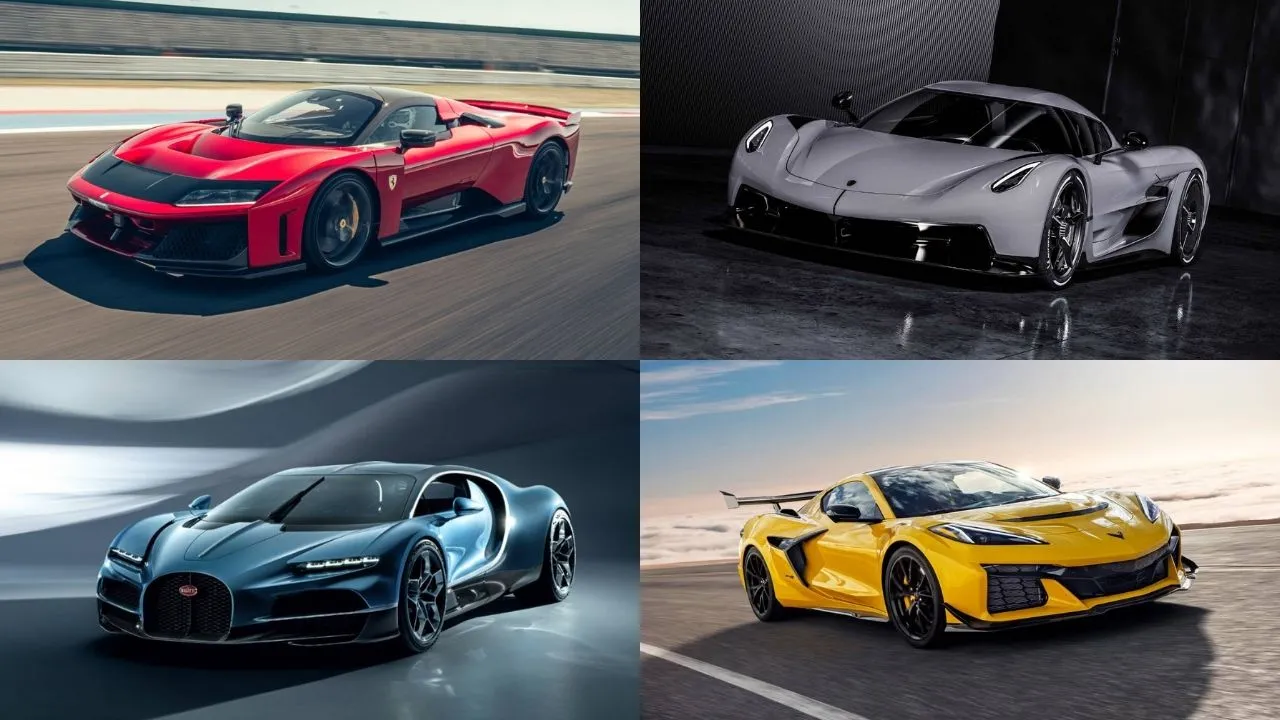Five Boring & Normal Cars That Transformed Into Motorsport Legends
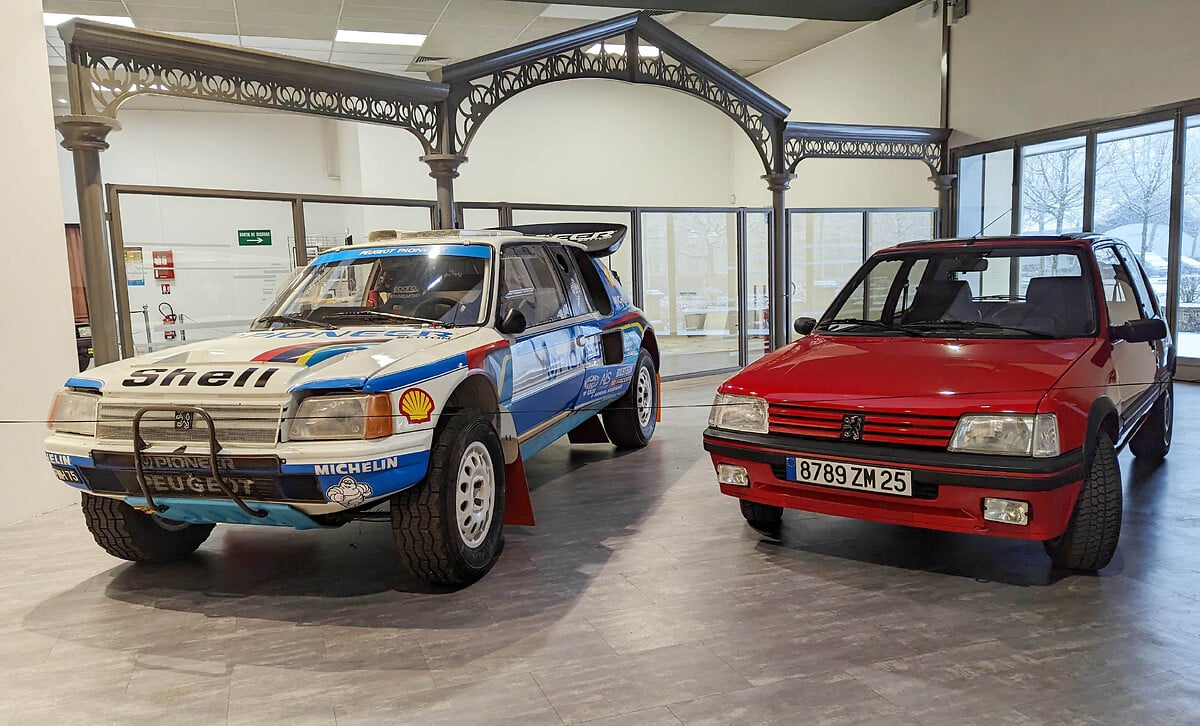
When one thinks of trendsetting race cars or rally legends, there is a certain image that is formed in one’s mind. They are expected to look aggressive, be loud, and go like hell. This still applies to most motorsport machines ever built. However, in some peculiar cases, human ingenuity prevailed and otherwise boring cars were turned into legendary motorsport machines.
In this article, we look at five cars that were least expected to turn up at the start line of a race. However, they did turn up and they did conquer. Read on for some interesting insights into the world of motorsport.
Peugeot 205
Launched in 1983, the Peugeot 205 was a small family hatchback. It was a bold step from Peugeot which at the time was known for its sedans. However, Peugeot had developed a nice family hatchback and was a commercial success. It turned out to be one of the best-handling hatchbacks at the time, and Peugeot took a bolder step with the development of performance versions.
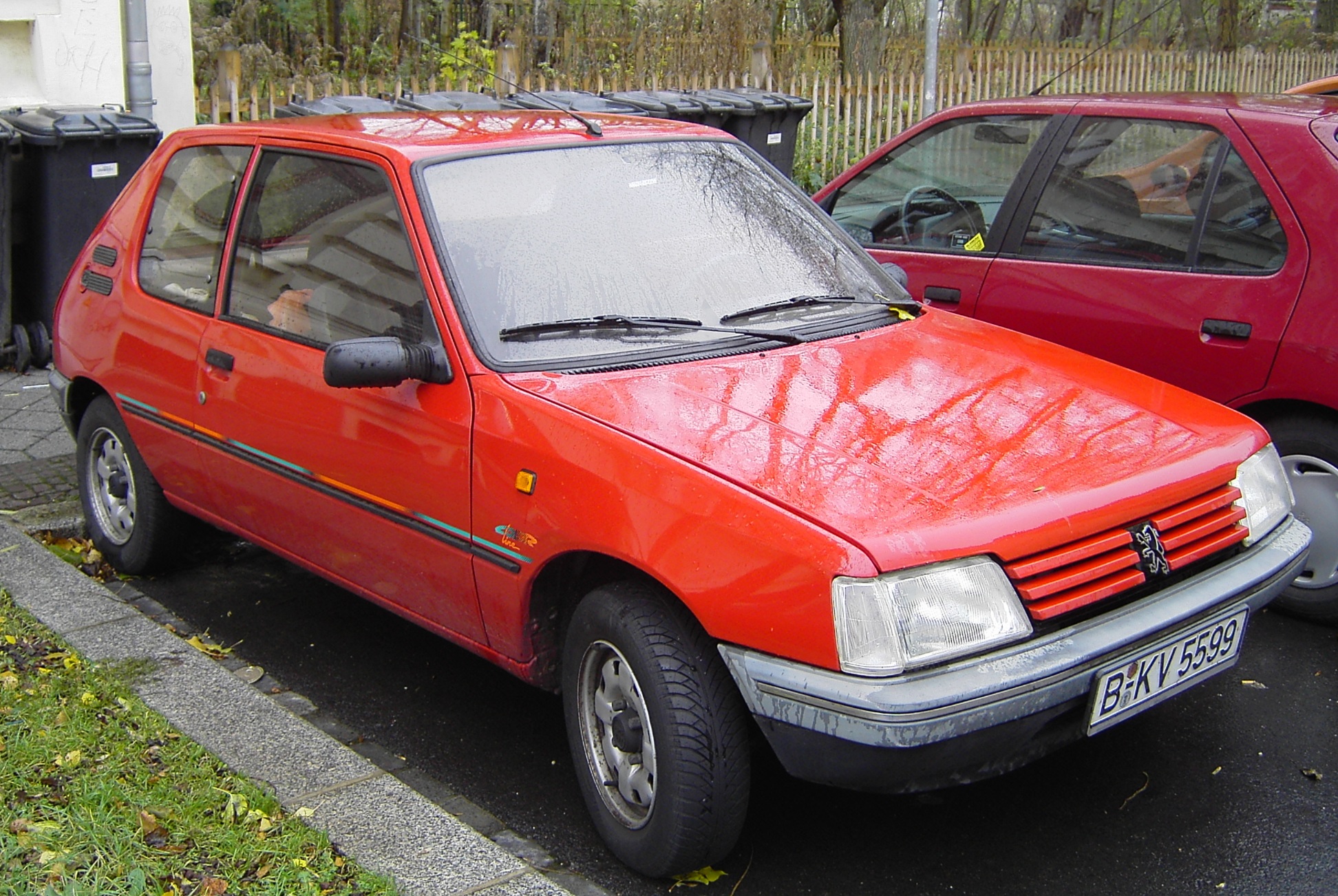
The 205 GTI was launched with more power and the 205 Rallye was a slightly less expensive version of the GTI. However, one version stood out — Peugeot 205 Turbo 16. Fondly known as the T16, the souped-up hatchback was a road-going version built for homologation of Peugeot’s Group-B World Rally Championship contender.
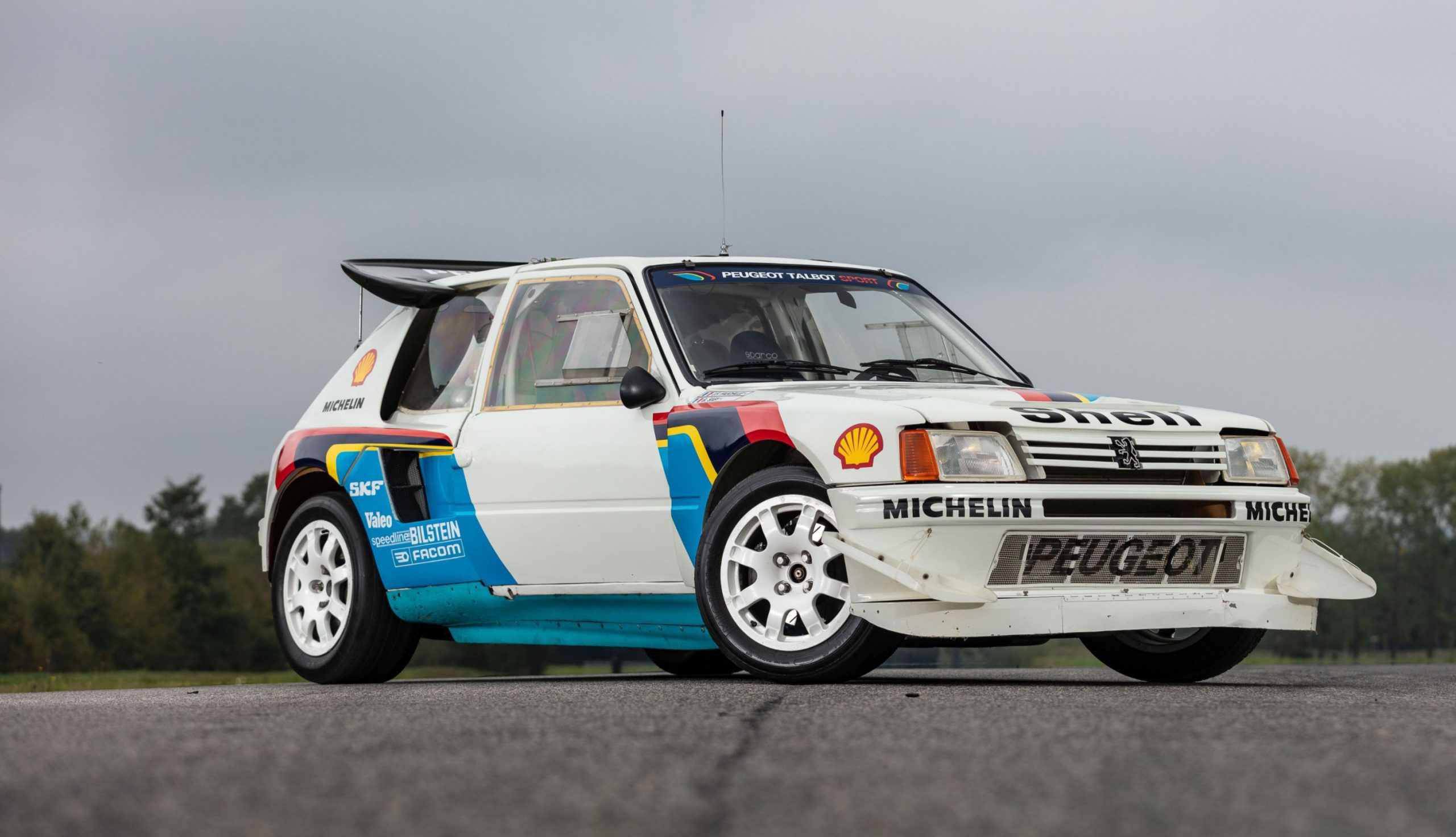
With this version, Peugeot had turned a front-engine, front-wheel-drive car into a mid-engined, all-wheel-drive monster. It was powered by a 1.8-litre turbocharged inline-4 producing 200hp and 255Nm. It won the Driver’s and Constructor’s titles of the WRC Group-B class in 1985 and 1986 with a total of 16 victories in its belt.
Mercedes-Benz 190E
It is now a classic car enthusiast favourite. However, it began life as a humble yet well-built family sedan. Codenamed W201, the 190 series sedans were produced between 1982 and 1993. It was the predecessor to the Mercedes-Benz C-Class. While most of its buyers loved the comfort it provided, there were some who sought more performance.
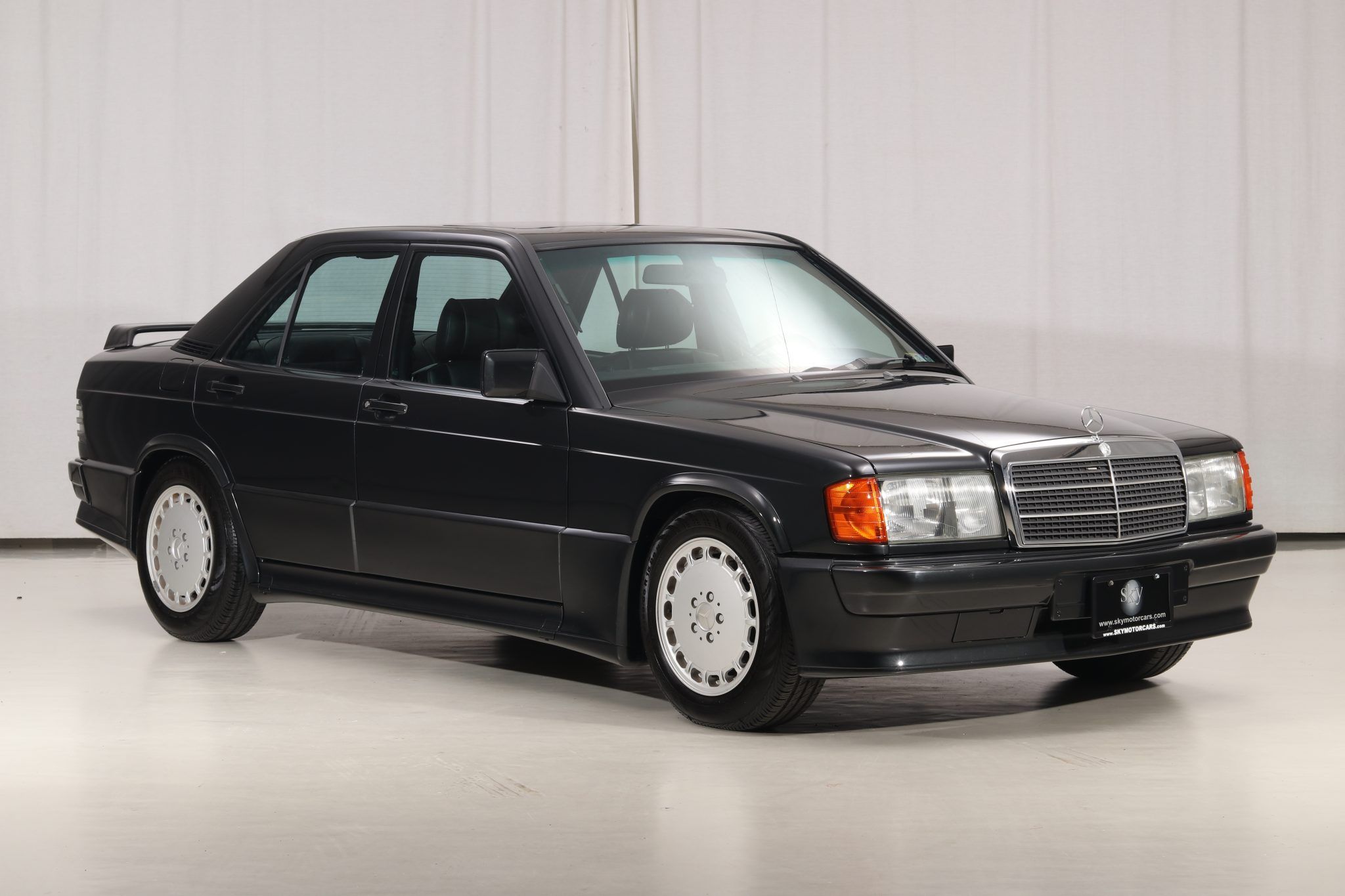
The good folks at Cosworth were happy to oblige with high-performance versions of the sedan. Ze boffins at AMG, which was a separate entity back then, also fiddled with its performance, and a fast super-saloon was produced for customers who wanted to race in the DTM. Between 1988 and 1993, the 190E took 50 victories in the DTM series.
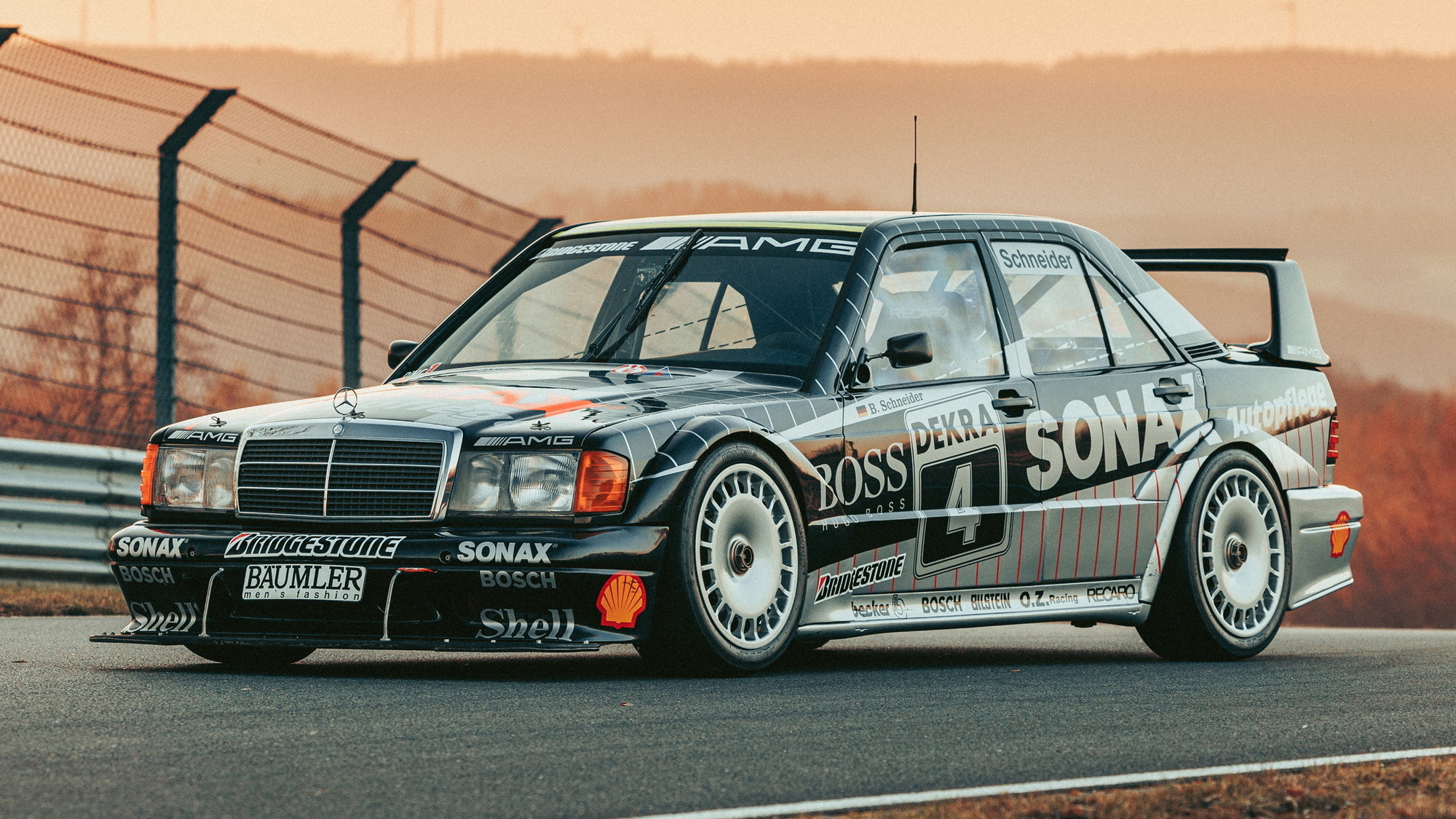
Mitsubishi Lancer – Mitsubishi Evo WRC
A small Japanese family sedan with a little four-cylinder engine dominating the World Rally Championship is no joke, but the Mitsubishi Lancer did it in style. Launched way back in 1973, the Mitsubishi Lancer was a subtle Japanese family car back then. Over the next few decades, Mitsubishi would go on to sell over six million units of the little sedan.
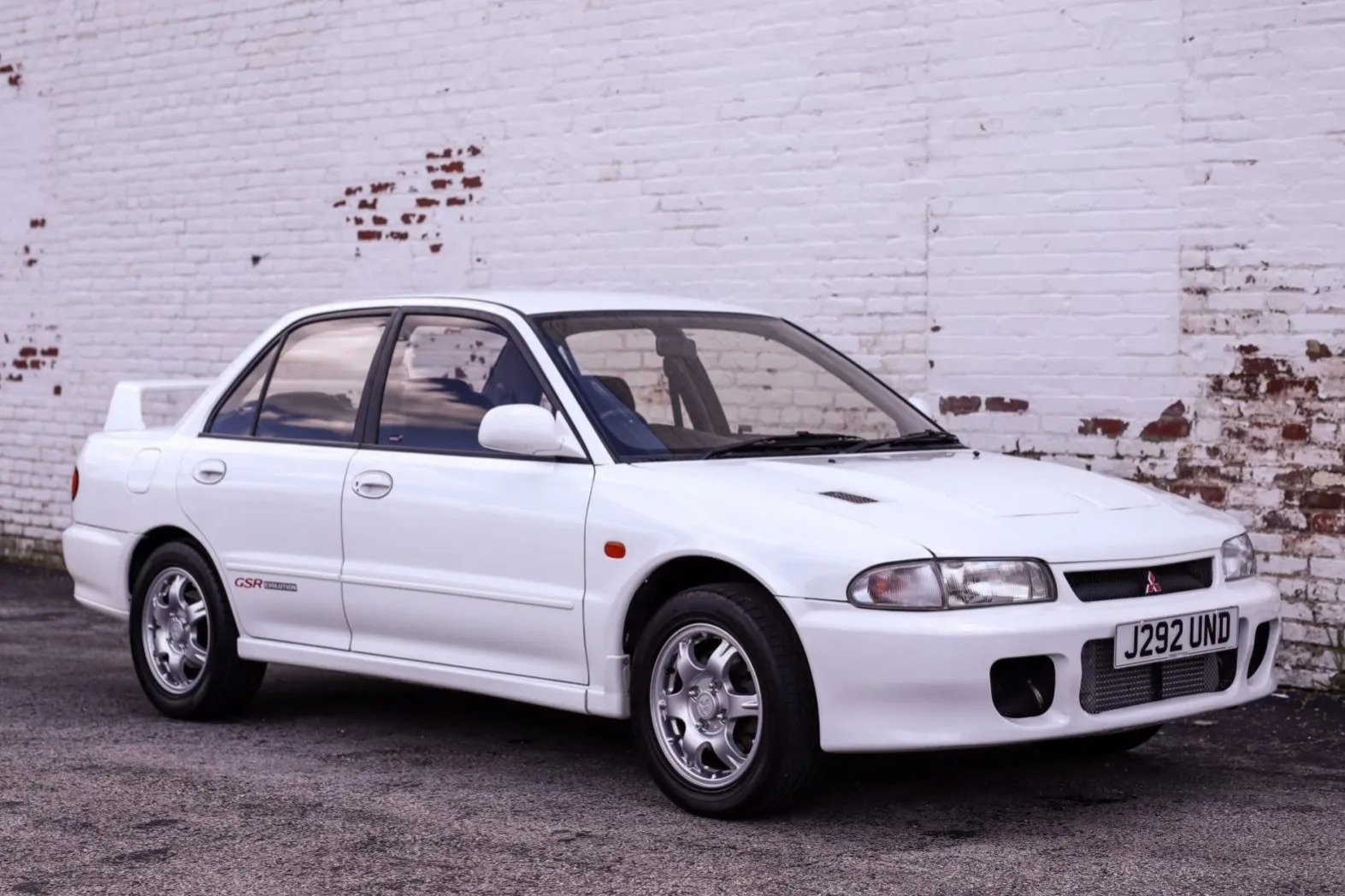
By 1992, the Lancer had turned into a sedan worthy of the JDM title, but this one was sold worldwide. Mitsubishi then decided to bestow it with the supernatural powers of all-wheel-drive and a turbocharged engine and named it Evolution 1. The Evolution 2 debuted in 1994 and Mitsubishi entered the World Rally Championship stage with it. Subsequent versions of the Evo took to WRC rounds over the next few years and racked up the victories.
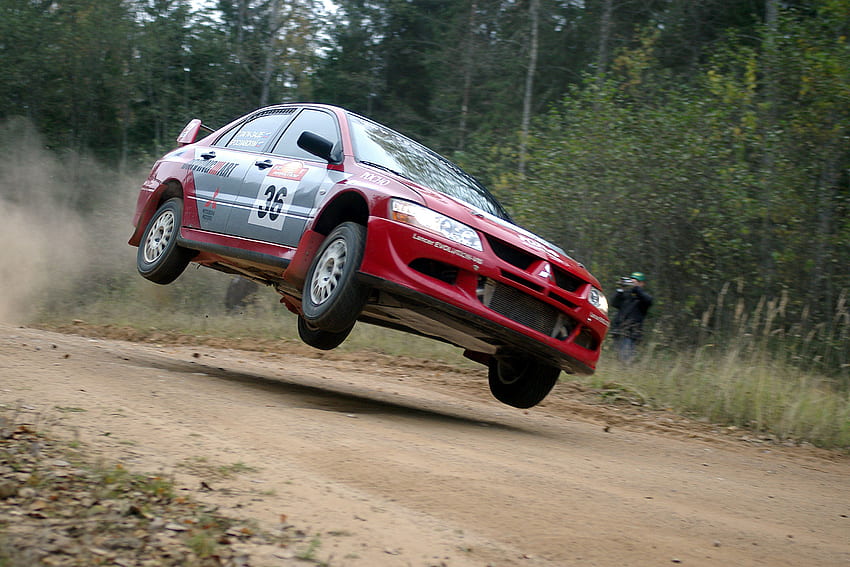
Mitsubishi won several rounds and a constructors championship with it. Between 1996 and 1999, four Driver’s Championship titles were won behind the wheel of a Mitsubishi Evo. When the brand pulled out of the WRC, privateers continued winning WRC rounds with the powerful and seemingly unstoppable Mitsubishi Lancer Evo. The Evo even participated in drifting, hill climb, and racetrack events and won!
BMW E30 3 Series
In 1975, BMW entered the entry-level family sedan space with the launch of the 3 Series. It was a simple sedan with a basic interior, four circular headlamps up front, and four and six-cylinder engine options. Then came the second generation 3 Series in 1982 with the code name E30. Along with this model came BMW’s desire to race in the DTM series.
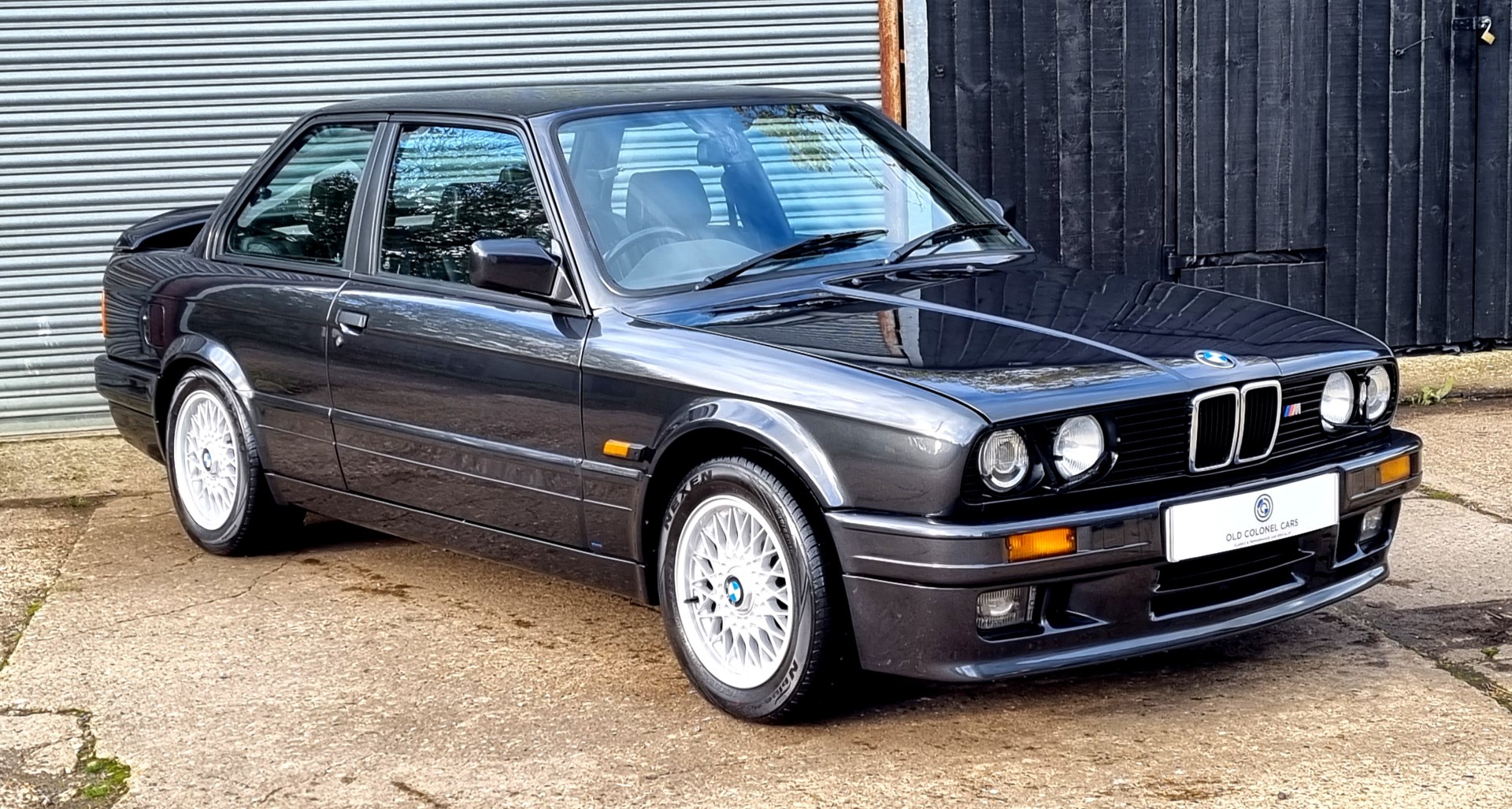
In order to compete in the racing series, BMW had to produce 5,000 road-going versions of the race car to complete homologation requirements. This resulted in the production of the BMW M3, which over the years has become one of the most sought-after performance cars in all of history.
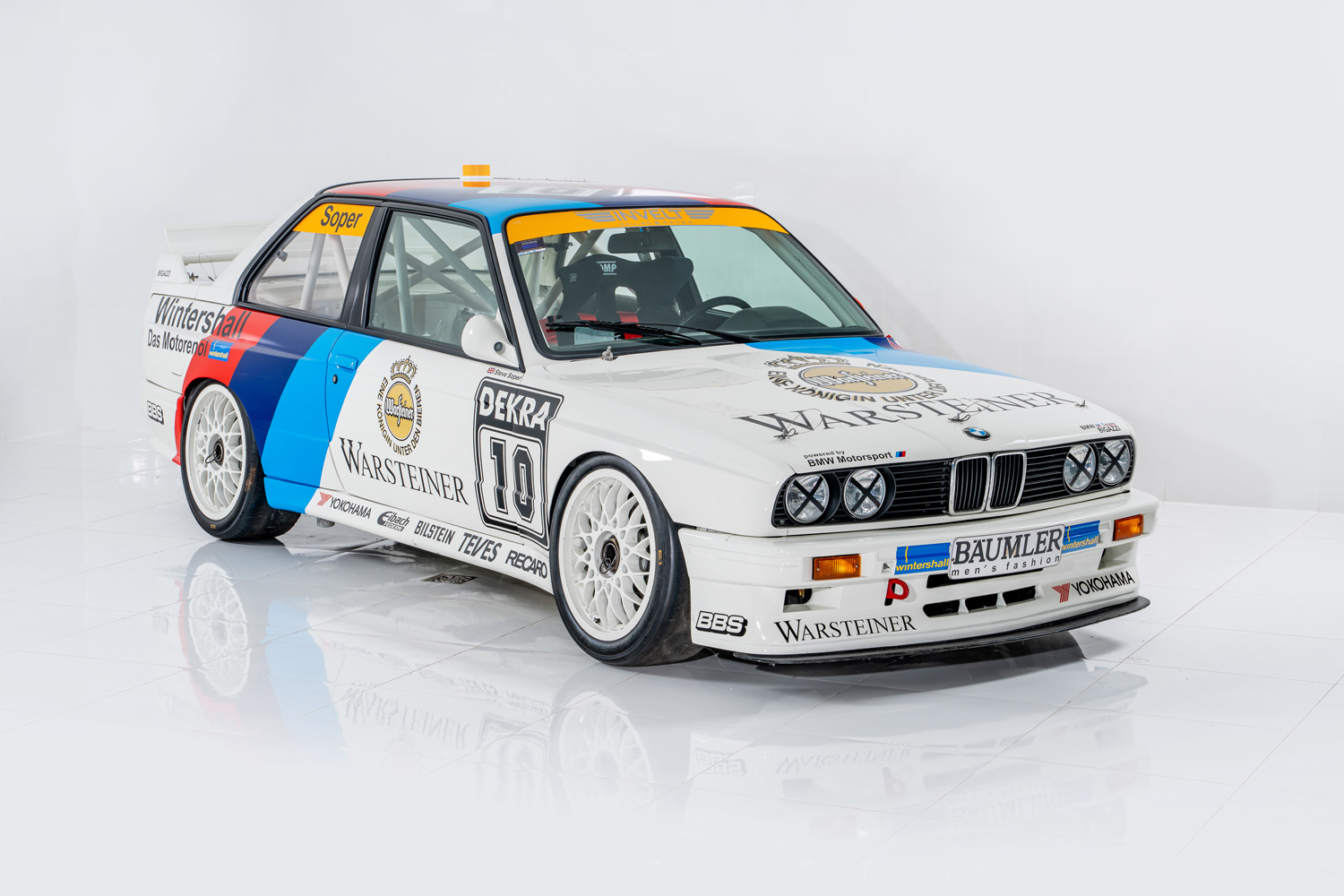
The BMW E30 M3 DTM was powered by a 2.3-litre inline-4 engine producing nearly 300hp. It won the 24 hours of Nurburgring five times and the 24 hours of Spa four times. Some M3 sedans also took part in the World Rally Championship. One M3 took a victory at the 1983 Tour De Corse despite being rear-wheel-driven, in the face of tough competition from the all-wheel-drive cars.
Mitsubishi Pajero
Mitsubishi Evolution is a name that is synonymous with immense success in the rallying world and this doesn’t just apply to the World Rally Championship but also to the Dakar Rally, which is widely regarded as the toughest motorsport event in the world. For the Dakar, Mitsubishi decided to use the Pajero.
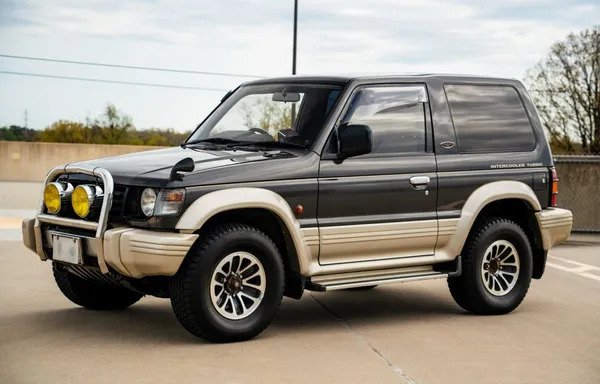
At first glance, the Mitsubishi Pajero looks like a typical family SUV — Spacious, practical, and reliable. However, Mitsubishi thought it could be very successful in the Dakar Rally, and developed the Mitsubishi Pajero Evolution. It took its first victory in 1983. The Pajero Evolution took 12 overall victories in the car class, finishing in first place.
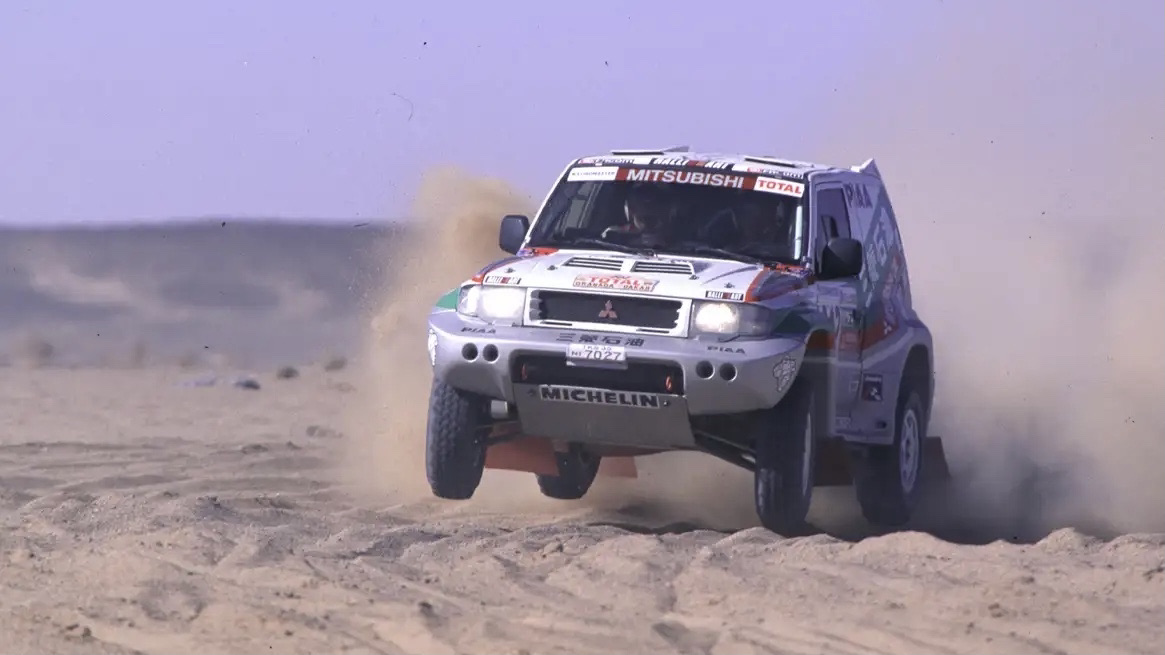
14 second-place finishes and 14 third-place finishes further bolster the SUV’s capabilities. In fact, Mitsubishi still holds the Guinness World Record for ‘Most Dakar Rally Wins By A Manufacturer’. Read all about the history, generations, and models of the Mitsubishi Pajero. You can also read about Top Cars From The 1980s That Redefined Speed & Power.
Also Read:
– Latest Petrol & Diesel Prices In The UAE
– Guide To Automotive Terms — All You Need To Know About Gearbox & Transmission
– Exeed RX Launched In The UAE — Modern Design & 2.0-Litre Turbo-Petrol Engine


